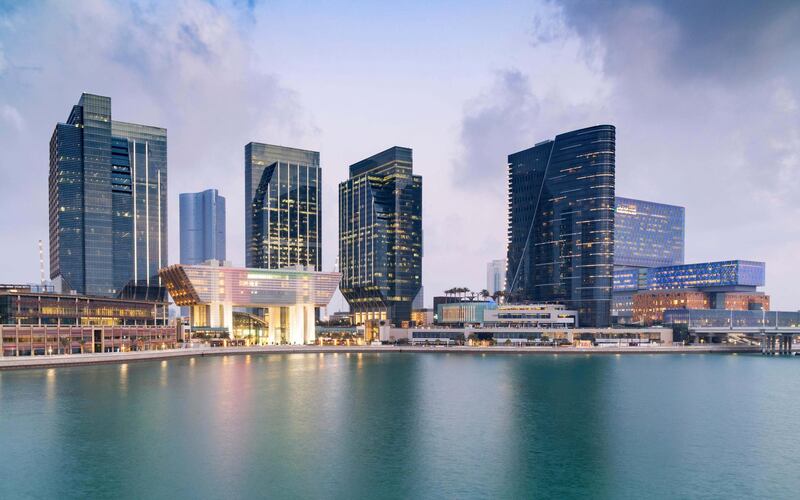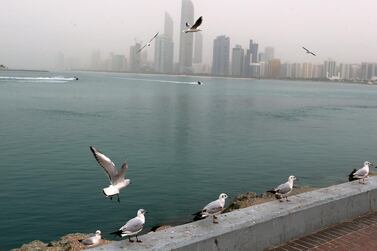Abu Dhabi recorded non-oil trade worth Dh80.23 billion in the first five months of this year amid a push to reduce its dependence on oil revenue.
The value of exports was Dh23.20bn while re-exports stood at Dh14.79bn and imports remained steady at Dh42.24bn, Abu Dhabi Customs said on Sunday, according to state news agency Wam.
The emirate, which accounts for about 6 per cent of the world’s proven oil reserves, has undertaken a number of measures to grow its non-oil economy.
These include the Dh50bn Ghadan 21 initiative unveiled last year to attract investment and boost non-oil exports, as well as measures to shore up its private sector after the coronavirus outbreak began.
Abu Dhabi allocated Dh5bn in March to subsidise water and electricity for citizens, commercial and industrial activities as part of major stimulus package to soften Covid-19's blow and offered rental rebates to businesses within particular sectors.
Pearls, precious stones and precious metals were the most exported non-oil goods with a value of Dh6bn, followed by common metals at Dh5.92bn.
Transport equipment topped the list in the re-export category with a value of Dh5.59bn.
Meanwhile, machines, recording devices and broadcasting equipment were the top imported items with a total trade value of Dh9.65bn.
The number of customs transactions through land, sea and air outlets stood at 434,647 during the period.
Saudi Arabia remained the emirate's top trading partner during the period, with a total trade value of Dh17.91bn.
An economic stimulus package launched by the General Administration of Customs in Abu Dhabi to help importers and traders offset the economic impact of the virus also boosted the emirate’s foreign trade.
The incentives include the postponement of customs duties for 90 days and the acceptance of institutional guarantees, instead of bank guarantees, for customs transactions.
“The bonded warehouses system that was launched by Abu Dhabi Customs last year, which allows suppliers to store their goods from abroad through border outlets without the need to pay customs duties, represented an important initiative which contributed [to] stimulating and encouraging trade and investors and attracting capital to the emirate,” Abu Dhabi Customs said.
Khalifa Port Custom Centre registered a 7 per cent year-on-year growth in the entry of standard containers during the first quarter, according to Saeed Al Qahtani, head of the Khalifa Port Custom Centre.
The centre received about 78,000 standard containers during the period carrying commodities, food, and medicine, he said.







